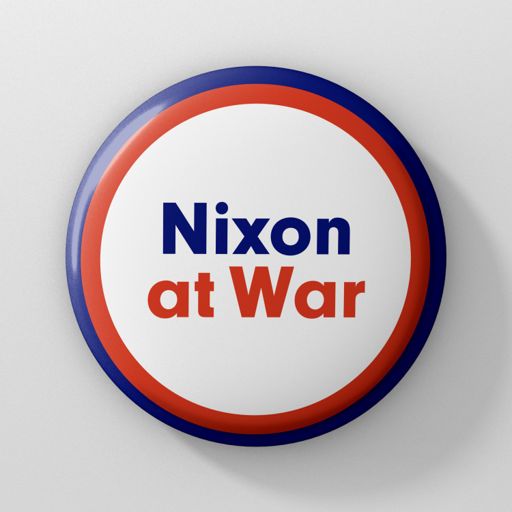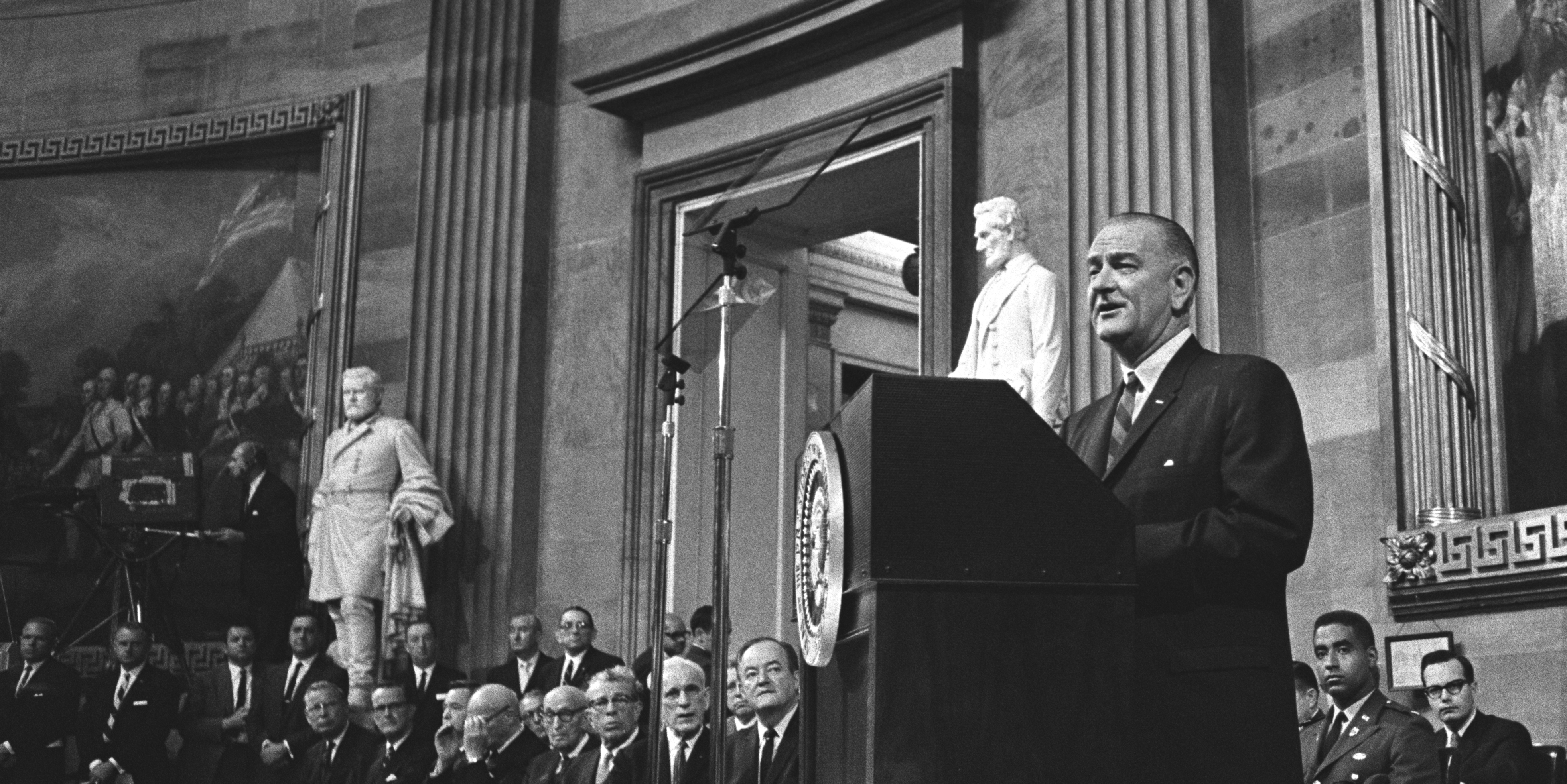
Nixon at War
A larger-than-life President and a transformative moment in American history, revealed through little-known recordings from the White House.

S1 Ep 3 LBJ's War - The Carrot and the Stick
By the spring of 1965, pressure is building on President Johnson to make his case for the war to the American electorate. He resists, preferring to manage the conflict without public scrutiny, but finally agrees to go public, in a speech at Johns Hopkins University. The strategy behind the speech: a little something for everybody. A look at how that strategy works out, and what it reveals about LBJ's congenital bias for secrecy.
More episodes from Nixon at War
Farewell
An important message from RadioPublic
S3 Ep 7 - Tangled Web
In the fall of 1971, Richard Nixon had reason to be optimistic. The long sought China Summit had just been announced, for the following year, to …
S3 Ep 6 - Off the Rails
With the publication of the Pentagon Papers in June ’71, the demons that Richard Nixon has wrestled throughout his presidency – indeed, through much of his public life – begin to gain the …
S3 Ep 5 - Beginning of the End
In early February ’71, with pressure building at home to complete the withdrawal of American forces from Vietnam, Nixon puts his Vietnamization program to a crucial and very public …
S3 Ep 4 - Searchlight on the Lawn
In the spring of 1970, the war in Vietnam comes home with a vengeance. A year of secret bombing having produced no movement from the North Vietnamese, Nixon and Kissinger raise the stakes, …
S3 Ep 3 - Sideshow
In December 1968, only weeks after his election, Nixon names Henry Kissinger as his national security advisor. The appointment will prove to be the most consequential of his presidency. The …
How you can listen to this podcast
You can listen to episodes right here on the website, or if you prefer, in a podcast app. Listening in an app makes it easier to keep track of what you’ve already heard, listen without using your data plan and many other conveniences.